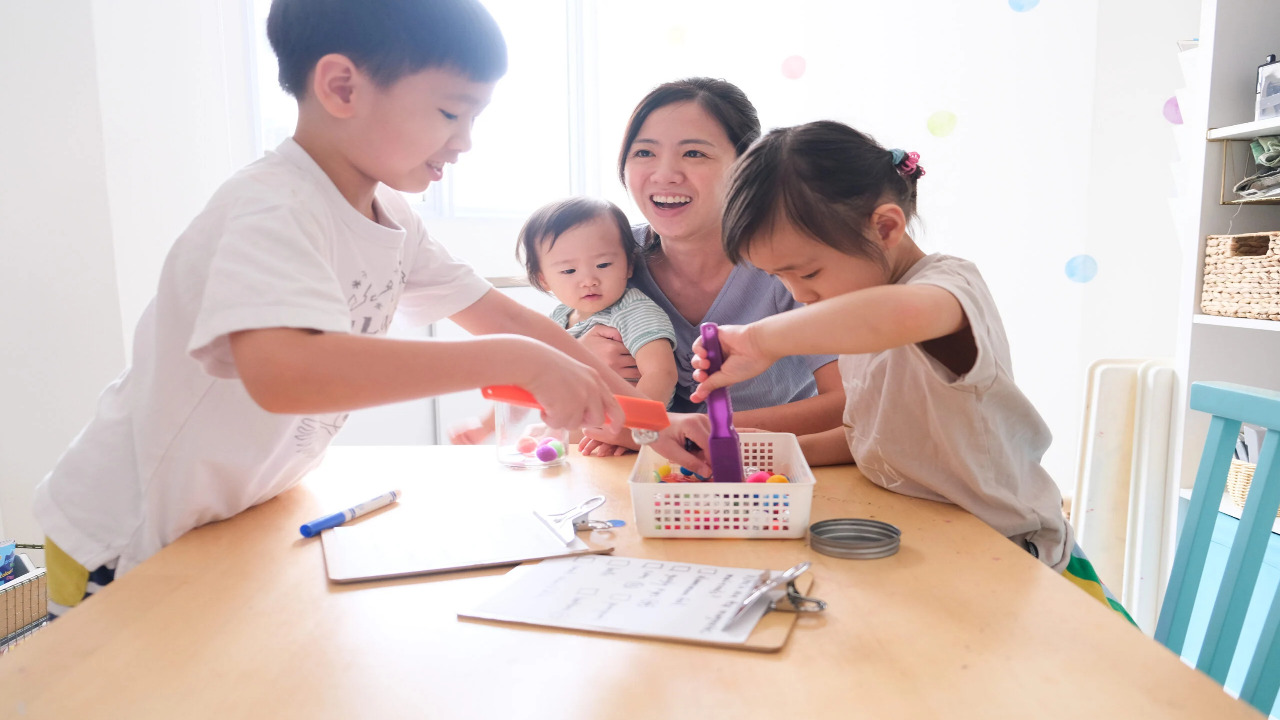Parents play a pivotal role in shaping a child’s educational journey, as they are the first and most enduring influencers in a child’s life. The impact of parental involvement in education cannot be overstated, as it goes beyond assisting with homework and school projects. A parent’s active participation, emotional support, and guidance contribute significantly to a child’s academic success and holistic development.
Creating a Foundation for Learning

Parents are a child’s first teachers, fostering a love for learning from the earliest stages. By engaging in activities that stimulate curiosity and cognitive development, parents lay the groundwork for a child’s educational journey. Reading books together, engaging in interactive play, and exposing children to various learning experiences outside the classroom can instill a lifelong passion for knowledge. You can also hire a maths tutor Adelaide and make your child love math.
Setting High Expectations
Parents who set high yet achievable expectations for their children communicate the importance of education. These expectations serve as motivating factors, encouraging children to strive for excellence. When parents express belief in their child’s abilities, it boosts their self-confidence and encourages them to take on challenges with a positive attitude.
Active Communication With Educators
Collaboration between parents and educators is crucial for a child’s educational success. Regular communication allows parents to stay informed about their child’s progress, strengths, and areas that need improvement. This partnership enables parents to provide additional support at home, aligning their efforts with classroom learning and addressing any concerns promptly.
Cultivating a Positive Attitude
A parent’s attitude towards education greatly influences a child’s perception of learning. When parents display enthusiasm, curiosity, and a growth mindset, children are more likely to adopt these traits. Encouraging resilience in the face of challenges, celebrating successes, and demonstrating that mistakes are opportunities for growth all contribute to a child’s overall outlook on education.
Providing a Structured Environment

Creating a conducive learning environment at home is essential for a child’s educational progress. Setting routines, designating study spaces, and minimizing distractions demonstrate the value of focused learning. A well-structured environment promotes good study habits and time management skills, ensuring that education remains a priority.
Instilling Values and Morals
Education extends beyond academics to include character development. Parents play a vital role in teaching values, ethics, and empathy. Through open discussions, modeling behavior, and addressing moral dilemmas, parents guide children to become responsible and compassionate individuals who contribute positively to society.
Encouraging Extracurricular Exploration
While academics are important, extracurricular activities offer opportunities for children to explore their passions and develop a range of skills. Parents can support their child’s interests by facilitating participation in sports, arts, music, or other activities. These experiences contribute to a well-rounded education, fostering creativity, teamwork, and personal growth.
Fostering Critical Thinking
Parents can stimulate critical thinking skills by asking thought-provoking questions, engaging in discussions, and encouraging independent thought. These skills are vital for problem-solving, decision-making, and navigating the complexities of the modern world. By challenging their children to think deeply and critically, parents prepare them for success beyond the classroom.
Being a Lifelong Learner
Parental involvement in a child’s education does not diminish as they grow older. In fact, as children progress through different educational stages, the nature of parental involvement may evolve, but its significance remains constant. Parents who continue to engage in their child’s educational journey show that learning is a lifelong endeavor, inspiring their children to value education at every age.
In conclusion, the role of a parent in a child’s education is multi-faceted and enduring. From cultivating a foundation for learning to fostering critical thinking and instilling values, parents are instrumental in shaping the trajectory of their child’s educational experience. Through active involvement, open communication, and a supportive attitude, parents create an environment where their children can thrive academically, emotionally, and socially.


